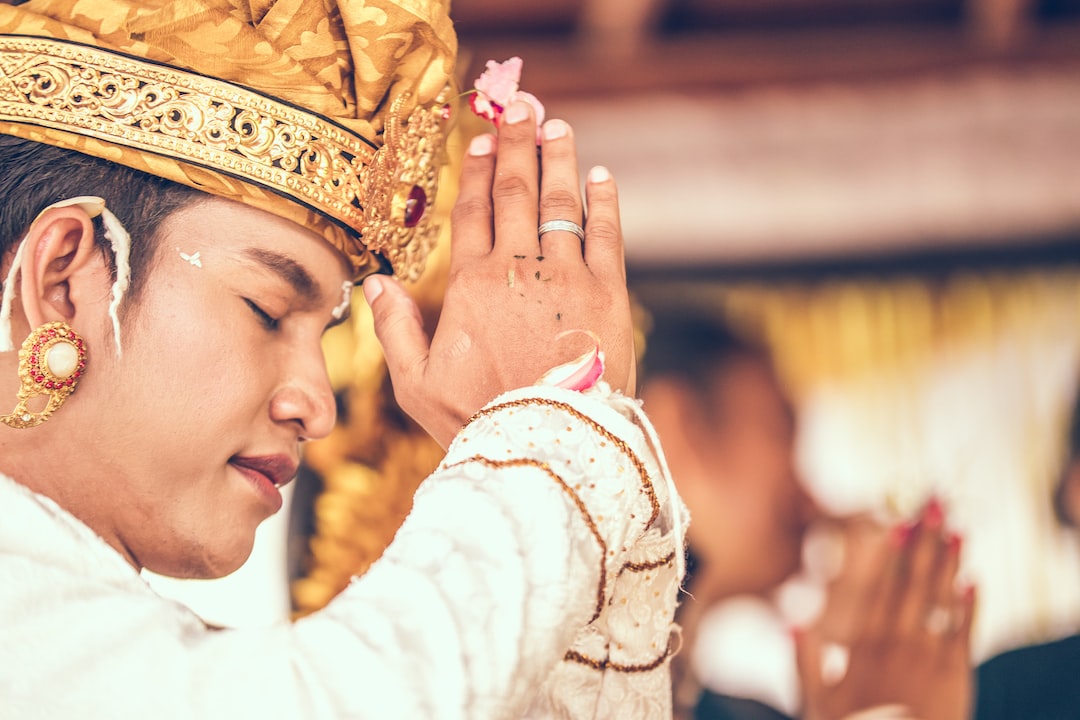The Role of Women in Religion
Religion has been an integral part of human civilization for centuries, playing a vital role in shaping societies and providing individuals with a sense of purpose and meaning. While many religious traditions have historically assigned different roles and responsibilities to men and women, it is crucial to examine the evolving role of women in religion, as well as the challenges they have faced and the progress that has been made.
Despite the patriarchal systems prevalent in many religious traditions, women have consistently played a significant role in religious practices and beliefs. In ancient civilizations, women were often revered as goddesses and held influential positions as priestesses. Even in traditions where male leadership dominated, women frequently served as intermediaries between the divine and their communities, such as prophetesses, oracles, or healers.
However, as societies evolved and some religious doctrines became codified, women’s participation in religious roles diminished. In many instances, religious texts were interpreted in ways that limited women’s involvement in leadership and decision-making processes. They were often excluded from priesthoods, denied the right to perform certain rituals, and their voices were silenced within religious institutions.
While these restrictions were prevalent, women consistently found ways to challenge societal norms and transcend traditional gender roles. In the face of adversity, many women became spiritual leaders within their communities, organizing spiritual gatherings and leading religious movements. For example, figures such as Joan of Arc, Hildegard of Bingen, and Teresa of Avila broke barriers in their respective traditions and displayed immense courage in pursuing their spiritual callings.
In recent centuries, as societies have progressed and assumptions about gender roles have been challenged, the role of women in religion has experienced significant transformations. Many religious institutions have begun to recognize the importance of gender equality and the need for women’s voices and perspectives in religious leadership. Women have now assumed roles as ministers, rabbis, priests, imams, and other religious leaders, breaking the longstanding barriers that hindered their participation.
Moreover, women have played a crucial role in driving social change and advocating for gender equality within religious communities. They have pushed for inclusive language in liturgy, challenged oppressive practices, and fought for women’s right to hold positions of authority. These efforts have inspired future generations of women to pursue leadership roles within their faith communities and continue striving for equality.
However, it is important to recognize that significant challenges still exist. Women in many religious communities continue to face discrimination, limited opportunities, and unfair treatment. They are often excluded from decision-making processes and leadership positions. In certain traditions, women are still prohibited from becoming ordained clergy, and their voices are marginalized within religious texts and teachings.
To address these challenges, a growing number of religious feminists and activists are advocating for change from within their traditions. They are fostering dialogue, challenging patriarchal interpretations of sacred texts, and working towards gender-inclusive practices and policies within their religious communities. These efforts not only benefit women but also contribute to the overall progress and evolution of religious institutions, fostering inclusiveness and equality.
Moreover, interfaith dialogue and collaboration are essential in understanding and addressing the diverse experiences of women in different religious traditions. By sharing stories, insights, and challenges, women from various religious backgrounds can learn from each other’s struggles and collectively work towards greater gender equality.
The role of women in religion is not just limited to religious institutions; it extends to the communities and families in which they are involved. Women often act as the primary caregivers, passing down religious traditions and values to future generations. Their influence in shaping the religious identity of their families and communities should not be underestimated.
As we move forward, it is vital to continue challenging and questioning the status quo within religious institutions. Recognizing the invaluable contributions and potential of women in religious leadership is not just a matter of justice and equal rights, but it also enriches religious practices and strengthens communities.
In conclusion, the role of women in religion has evolved over time, reflecting the societal changes and challenges faced by women. From ancient priestesses to present-day religious leaders, women have played a crucial role in religious practices, despite often facing discrimination and exclusion. The progress made in recent years, with women assuming leadership positions and advocating for gender equality, is commendable. However, significant obstacles remain, and it is essential to continue fostering dialogue and striving for inclusivity within religious traditions. By recognizing the integral role of women in religion, we can create more equitable and vibrant religious communities.
